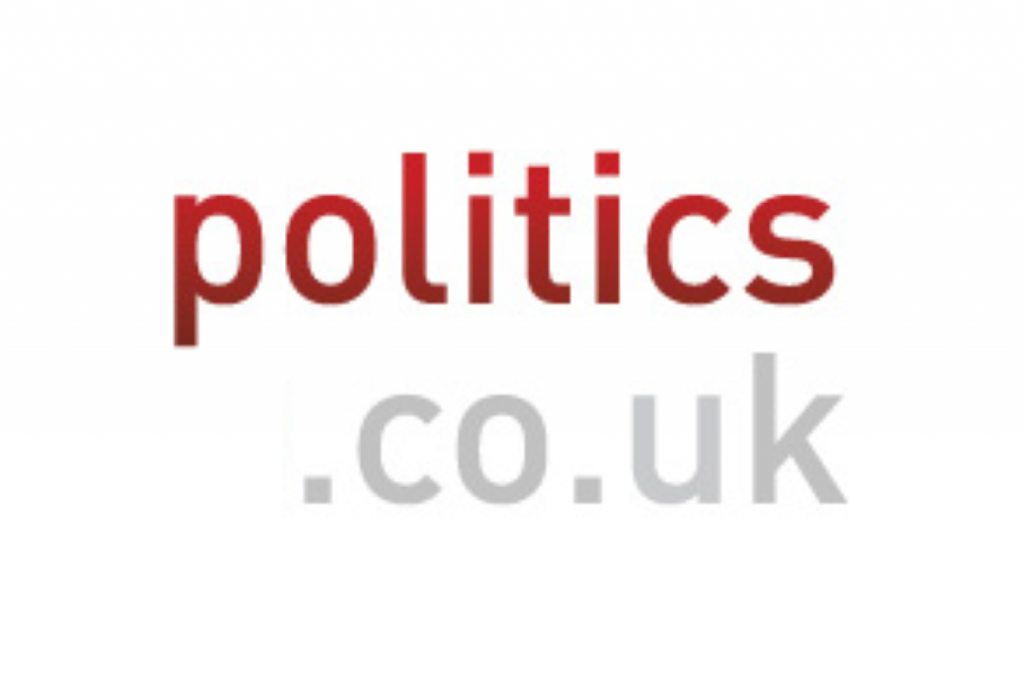£300 million boost for sexual health services
Sexual health services in England and Wales are to receive a new injection of funding, as figures show incidences of sexually transmitted infections continue to rise.
A new report from the Health Protection Agency (HPA) shows a 10 per cent year on year rise in cases of chlamydia and a 28 per cent rise in syphilis cases. In addition to the rise in STIs, cases of HIV/Aids are also up, with a record 53,000 people in the UK now living with the disease.
The HPA is categorising the situation as an ‘epidemic’, and is particularly concerned by the high rates of infection in the 16-24 age group. Although women aged 16-24 make up less than one fifth of the population, they are responsible for nearly three-quarters of all chlamydia infections and 68 per cent of gonorrhoea cases. The figures for men aged 16-24 are nearly as bad – they represent 55 per cent of all chlamydia cases and 40 per cent of gonorrhoea infections.
The HPA’s chief executive, Pat Troop, said the country’s sexual health services were coming under increasing strain. An HPA survey had found that only a third of patients waiting to be seen at genitourinary medicine clinics were seen within 48 hours. “If people are to receive early diagnosis and treatment these waiting times need to be reduced and the agency welcomes the Government’s pledge in its white paper to ensure that by 2008 everyone referred to a clinic will be seen within two days,” she said.


Dr Kevin Fenton, a co-author of the report, added that the age at which young people were given sex education needed to be reviewed. The average teenager now had sex for the first time at 16, but sexual education often did not start until that age – and was therefore too late. He also questioned the quality of the education they were given.
In response, Health Secretary John Reid today announced a £300 million programme of investment in sexual health services.
This will include a £50 million advertising campaign – the biggest since the HIV/Aids campaigns of the 1980s.
Speaking this morning, Dr Reid said: “Sexually transmitted infections have been rising steadily over the past few years. Rates have virtually trebled among men and women over the last 10 years. Prevention messages are not getting through.
“We need to act now on sexual health – and make it a priority.”
He promised that the advertising campaign would inform people of the “consequences of irresponsible sexual behaviour and of sexually transmitted diseases.”
There will also be a focus on STI clinics, which will be targeted for modernisation, and more money for contraception services.











